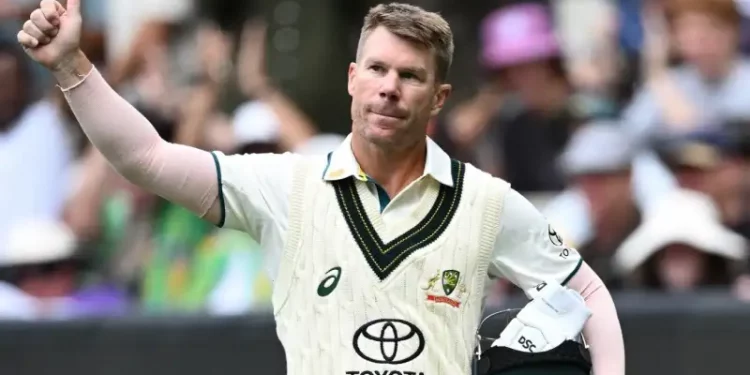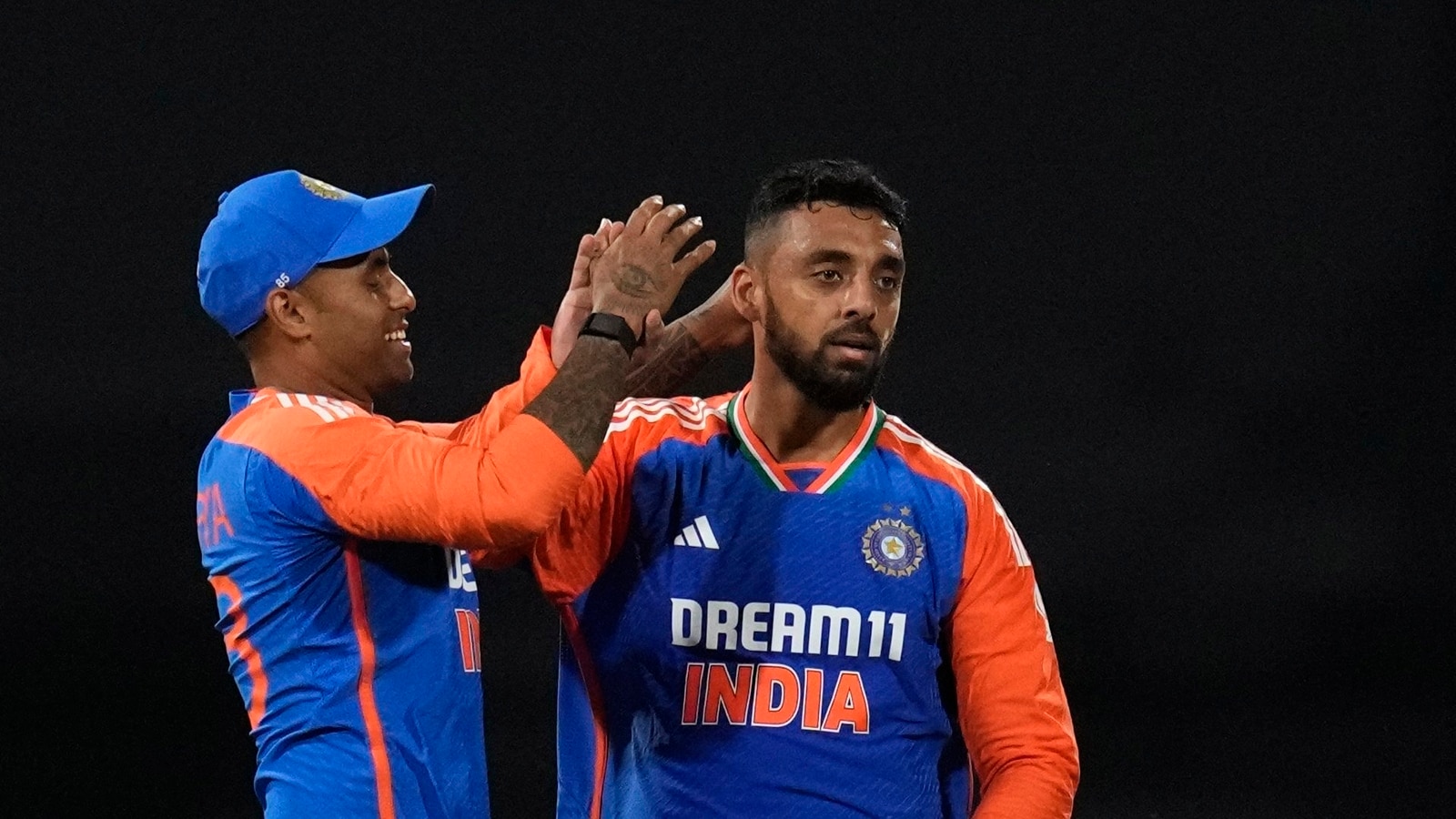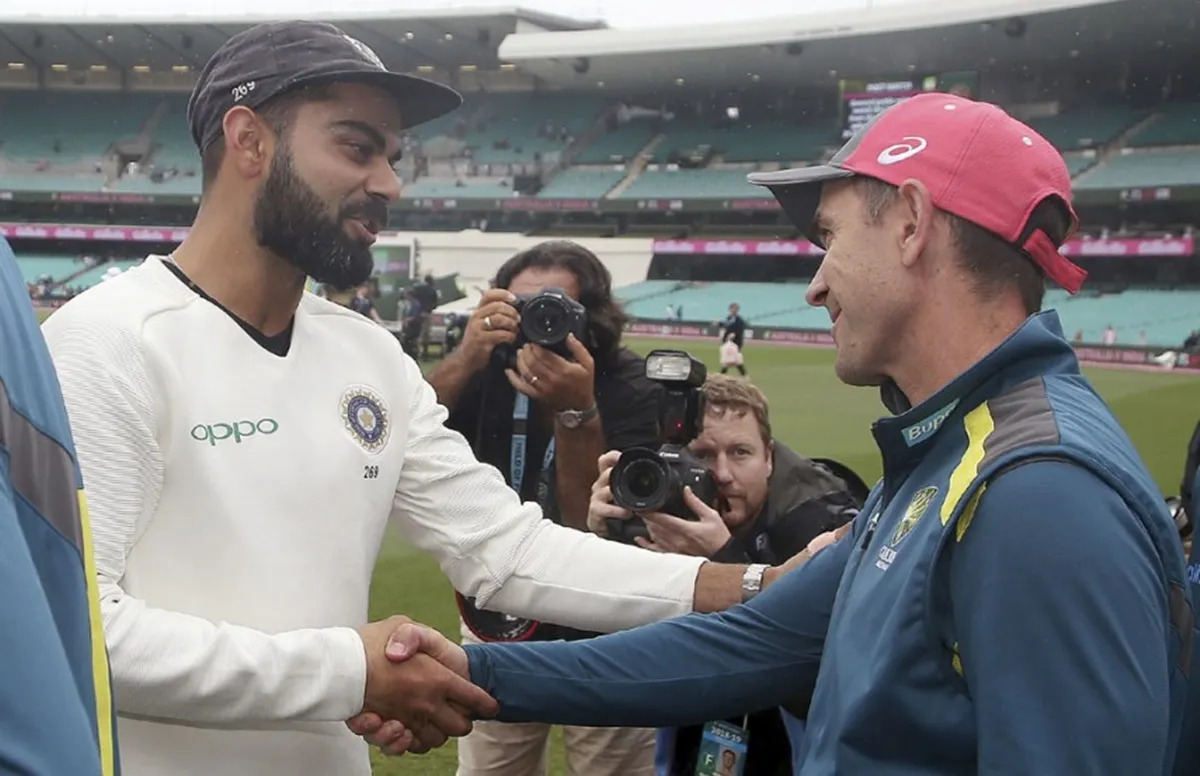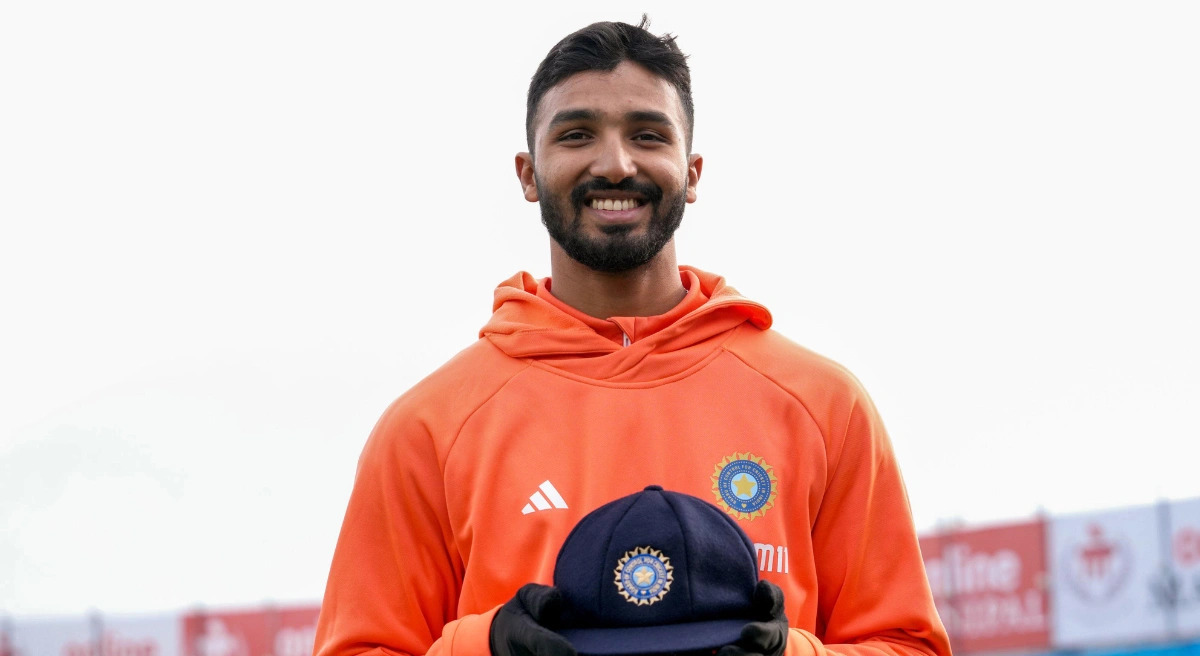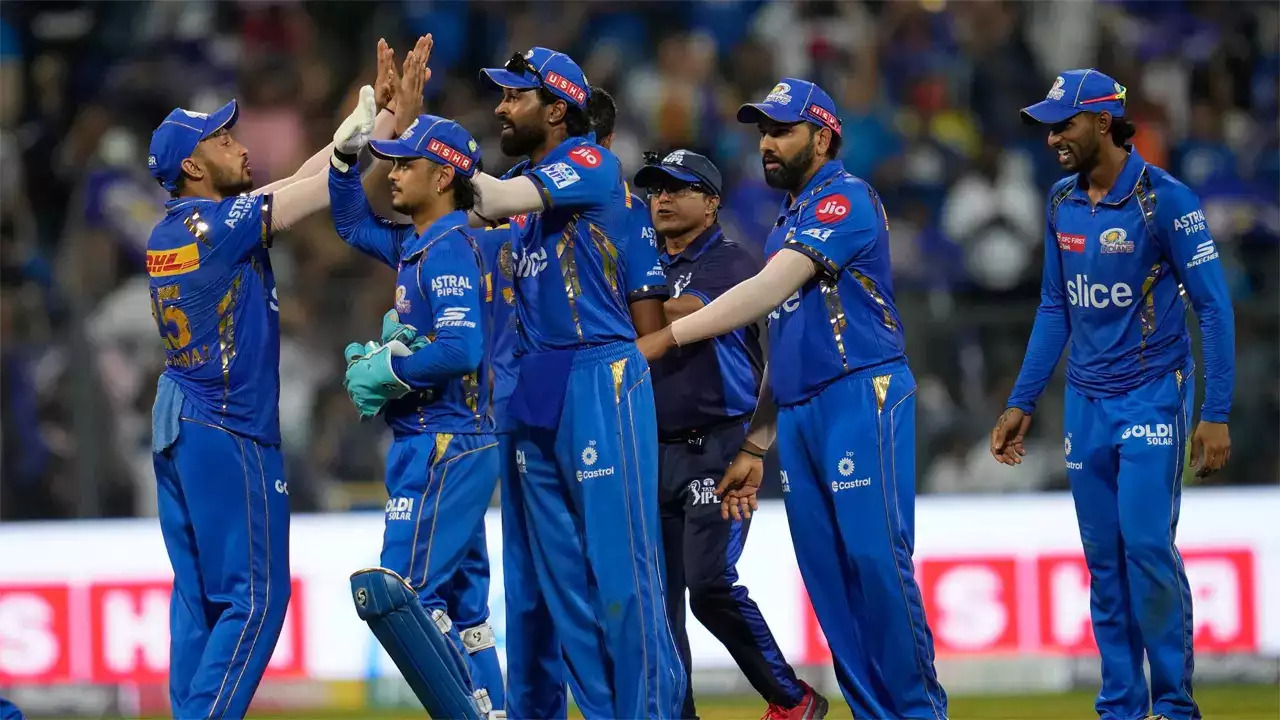“When you’re 36 going on 37, it’s easy pickings for the naysayers. I’ve also witnessed it with former players in the past. Thus, although his critics had him in the coffin, David Warner told ESPNcricinfo, “If I’m relieving the other guys of their burden and nobody is concerned about the rest of the team, I’m happy to do that.”
David Warner knocked off the top and refused to go. He intended to remain for an additional year in order to leave on his own terms. He has never concealed who he really is, and he was being authentically himself as he described the goodbye celebration at the Sydney Cricket Ground.
Sport is typically selfish, and one does not oppose it. If somebody does, though, it is against all odds. Warner was more interested in fighting than in winning. And he gave off the impression that he could handle the skeptics till Sydney, a career he had molded to disprove them.
calmness, bravery, and reliability. Wait, huh? Not the best words, probably. Perhaps faith in oneself? Yes, faith in oneself. That most likely sits very nicely.
Above all, here was a man who epitomized the adage, “The artist must educate the critic; the critic must educate the public,” having grown up in a Sydney housing commission.
That’s how things had to be, after all. Warner, then ten years old, lived in a Matraville apartment where his family could hardly afford to buy him a cricket bat, much less use it without breaking it and keeping it safe from someone trying to take the stick.
That’s what made him the person he became as an adult—someone who saw it all through. The mindset did not come easy; rather, it was borne out of a situation where one could not rise beyond the level of constant knockdowns. Though the child was resilient, it was rough.
![]()
David Warner has to put effort into everything. Runs, butter, and bread. Little Warner gradually learned the value of saying “no” and trained himself to refrain from requesting things he did not deserve. After all, nothing in life comes for free. He awoke at 7 a.m. for school after stacking shelves till 3 a.m. Christmas gifts were more about being grateful for what one has, and he also delivered newspapers on the weekends.
A clear direction for a bright future was conveyed through the use of stern love, which is good parenting. His tough love parenting was making sense, and he held everything together with tremendous heart despite all he faced in life and in cricket, including the good, the bad, the ugly, the beautiful, the gorgeous, and the not-so-pretty. His struggle was as big as his record.
In addition to being the muscle at the core of the child’s circulatory system, the heart served as both his emotional repository and pump. It circulated a great deal of trust across his body, along with blood. Faith gave people perseverance, mental toughness, and a perspective on life’s greater purpose. It removed negativity in the same way that it removed extraneous carbon dioxide. Warner was a rainbow of happy feelings; instead of holding them inside, he displayed them completely.
Though he was simply another player who could play a little white-ball cricket, he showed glimpses of his unequaled potential when he first proclaimed his arrival back in January 2009, smashing Dale Steyn, Makhaya Ntini, and Jacques Kallis all over Melbourne.
He was not, however, your typical promising player. He had no idea that he was going to get to the top of the cricket artistry hierarchy. Every game he engaged in, people’s mouths dropped, their spines tingled, and their enthusiasm increased.
Over time, he transformed from being the inaugural Australian cricket player in 132 years without any first-class experience to a tense bull.
The horns sank, nostrils flaring. He enjoyed himself when scoring runs. However, controversy followed. While he received a fine for the Durban staircase altercation, he received a suspension for the Joe Root altercation. But the show was just getting started. Among the cricket fraternity in Cape Town, eyes were turning up at the Sandpaper Gate.
He sobbed when he took the penalties, since he knew he had crossed the line. He was barred from leadership roles for the remainder of his Australian career and suspended from playing for a year. Warner had undoubtedly overreached, but Cricket Australia’s sanctions also went too far.
![]()
These brought with them worries, anxiety, dejection, boos, bans, and headlines. numerous headlines. Suddenly, the bull could be controlled.
Warner also experienced the positive aspects of life, such as hundreds, double hundreds, triple hundreds, World Cups, a T20 World Cup, the World Test Championship, and festivities. And they brought cheers with them. The full redemption had occurred.
David Warner instantly returned the affection, and the world fell in love with him all over again. It was as if this foolish game, which he adored, had returned the favor. That was logical. Everyone was vying for Warner’s attention.
David Warner was undoubtedly unique when, following a magnificent triple ton, the Sydney man attended a press conference in Adelaide. When asked about his appalling away-from-home batting performance in the Ashes, he replied, “Nah, never, never losing that; what kind of question is that?” with a cheeky smile on his face.
A few years later, Warner also achieved his goals when he strolled into a breathtaking sunset in front of his loved ones in Sydney. Above all, he was approving everything according to his own conditions because that was crucial to him.
Throughout his career, Warner played cricket with a strong sense of self-belief and a desire to amuse. Similarly, he concluded his final Test innings by launching himself at the bowler, pacing back and forth, punching, crunching, flashing, reverse-sweeping, reverse-scooping, and grinning.
With David Warner, you’re getting him as himself, no matter what. Generally speaking, at least during his most recent game, he was leaping around and making unconventional shots—a high-risk, high-reward kind of cricket. Warner was using his one and only remaining Test match to his full poetic effect.
![]()
Warner was more than just an evangelical pastor; he was also an unruly bull with a sentimental, loving side. Some people love unconditionally rather than expecting to be rewarded. With the little knowledge I have gained from observing Warner for more than 12 years, I can guarantee that he will always bring up Hughesy on any given day that he is in the SCG.
The relationship between Philip Hughes and David Warner was like that.
Millions, if not billions, of people will always remember Warner’s persona. He is an example to many people in Sydney, Australia, and around the world because he was raised in a difficult environment and managed to succeed in both cricket and life.
The children who looked up to Warner, the colleagues he enjoyed a few beers in the locker room with, the opponents he crossed paths with, and the supporters who thought he could make a difference will all carry on his legacy even though he is departing two of the three formats. Warner was the ideal representation cricket needed.
He was a hero who gave people hope for their future. If a 5’5″ little child from a strict Sydney suburb could grow up to be one of the best openers in the history of the game, he made sure he led the people in the preparatory wave that inspired them to pursue their passions.









 Win Projections to be updated soon
Win Projections to be updated soon













